More From News
Exploring the Depth of the Meaning of Fasting
March 3, 2026
May 22, 2025
Contributor: Supriyono | Editor: Dadi Darmadi | Photo: Achmad Jatnika
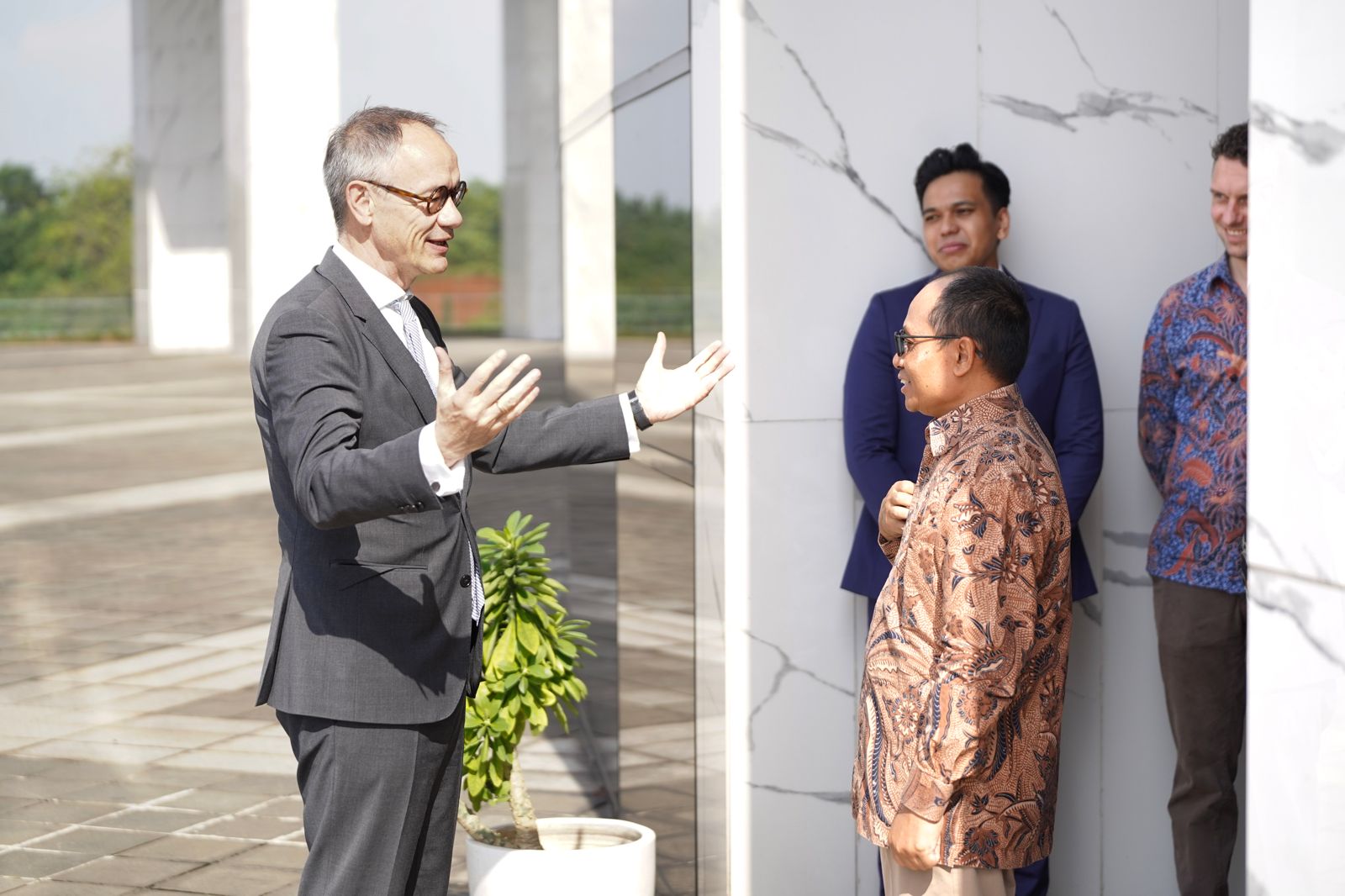
Against the backdrop of escalating global tensions and shifting geopolitical dynamics, His Excellency Aldrik Gierveld, Ambassador at Large of the Kingdom of the Netherlands and Ambassador to the Organisation of Islamic Cooperation (OIC), delivered a timely public lecture titled “Navigating Turbulence: Toward New Paradigms in Foreign Policy” at Universitas Islam Internasional Indonesia (UIII).
In his wide-ranging address, Ambassador Gierveld drew from over three decades of diplomatic experience across Europe, the Middle East, and multilateral institutions, calling for a renewed commitment to diplomacy amid what he described as “stormy weather” in international affairs. His message is clear: “There is no alternative to diplomacy. It is the only way to prevent violent confrontations, to avoid bullying on the international stage, and to build consensus in a fractured world.”
Ambassador Gierveld opened the lecture with personal reflections on his early motivations, tracing his journey from being a student of Political Science and Law at the University of Amsterdam in the 1980s—initially aspiring to be a journalist—to becoming a career diplomat. His entry into the Dutch Ministry of Foreign Affairs marked the start of a trajectory that would take him to postings in Sana’a (Yemen), Vienna, Rome, and beyond.
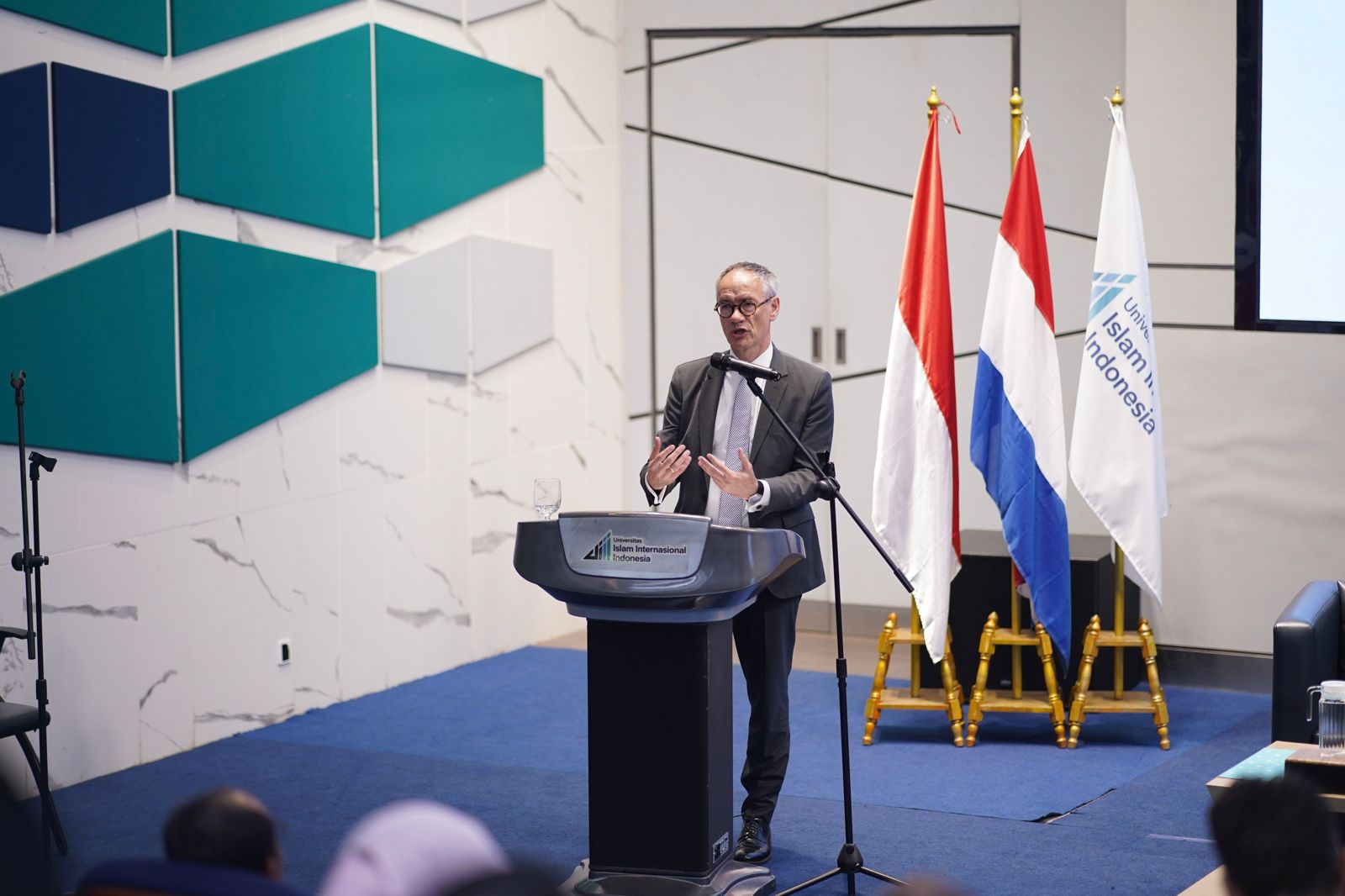
Drawing from this background, he emphasized that diplomacy in the 21st century is anchored in three foundational pillars: security, interests, and values. “Diplomacy is about security—working for peace; it’s about national and economic interests, such as trade and sustainability; and it’s about values—human rights, freedom of religion, and non-discrimination,” he said. “These were the core tenets of the UN Charter in 1945, and they must remain our guiding principles today.”
The ambassador did not shy away from addressing the current wave of global crises, including ongoing armed conflicts and humanitarian emergencies. He expressed concern over the weakening of the international rules-based order, noting that some influential global actors are increasingly challenging established territorial boundaries and norms.
Several major powers are openly questioning the legitimacy of existing borders, Gierveld remarked, saying that “This fundamentally undermines the international system we’ve built since World War II.” He also warned of the compounding effects of economic uncertainty, highlighting how trade tensions, declining investment, and widespread pessimism are hindering global cooperation—factors he described as “fuel for instability.”
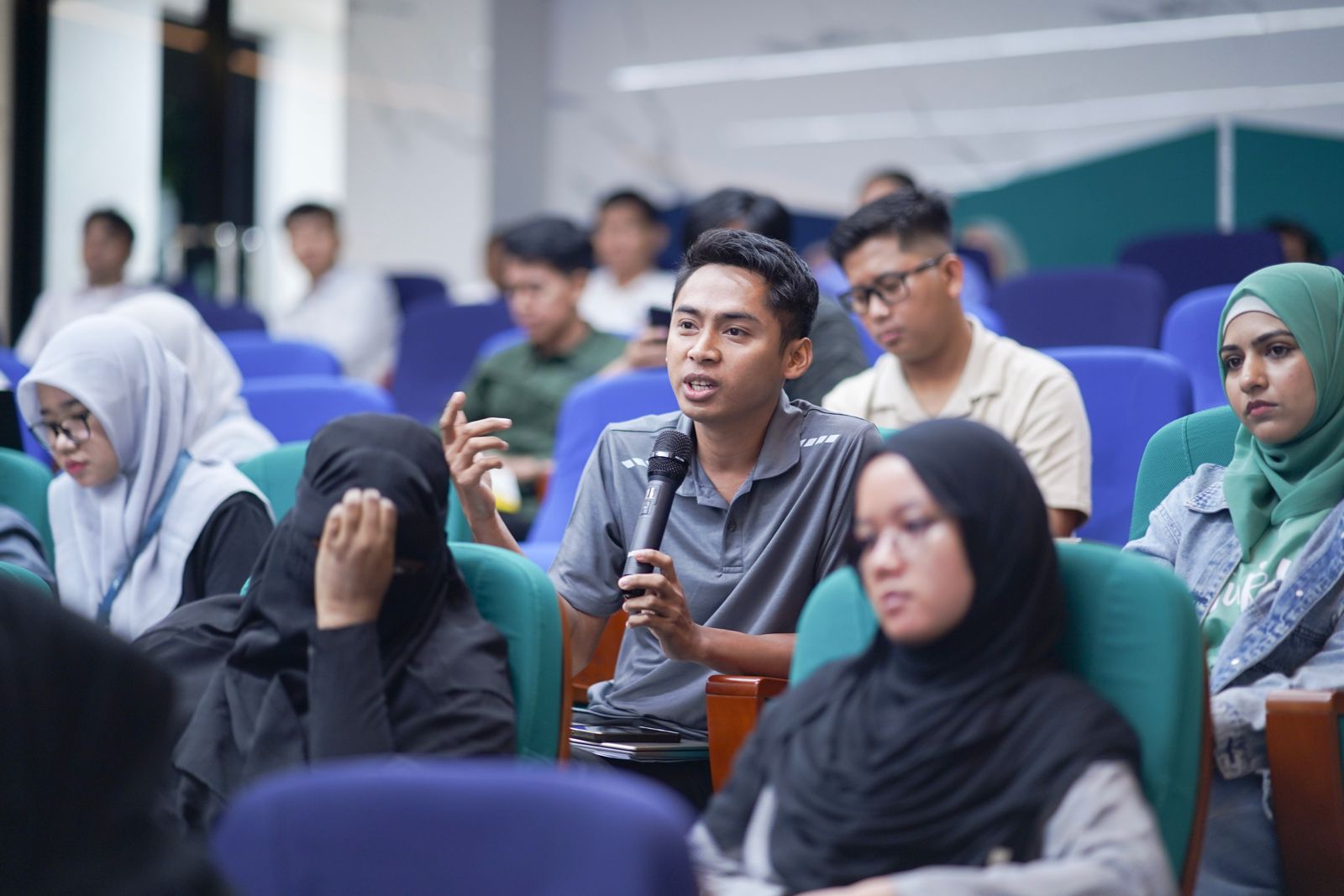
In response to these challenges, Ambassador Gierveld urged countries—particularly those in the Global South—to invest in reliable, values-based partnerships. “What we need today is stability and trust among countries that share a commitment to peace and fairness,” he said. “Diplomacy must be our compass through the storms.”
He also encouraged students and academics to engage with the foundational documents of international relations, such as the UN Charter and the Universal Declaration of Human Rights, describing them as “pocket-sized but powerful tools” for global citizens.
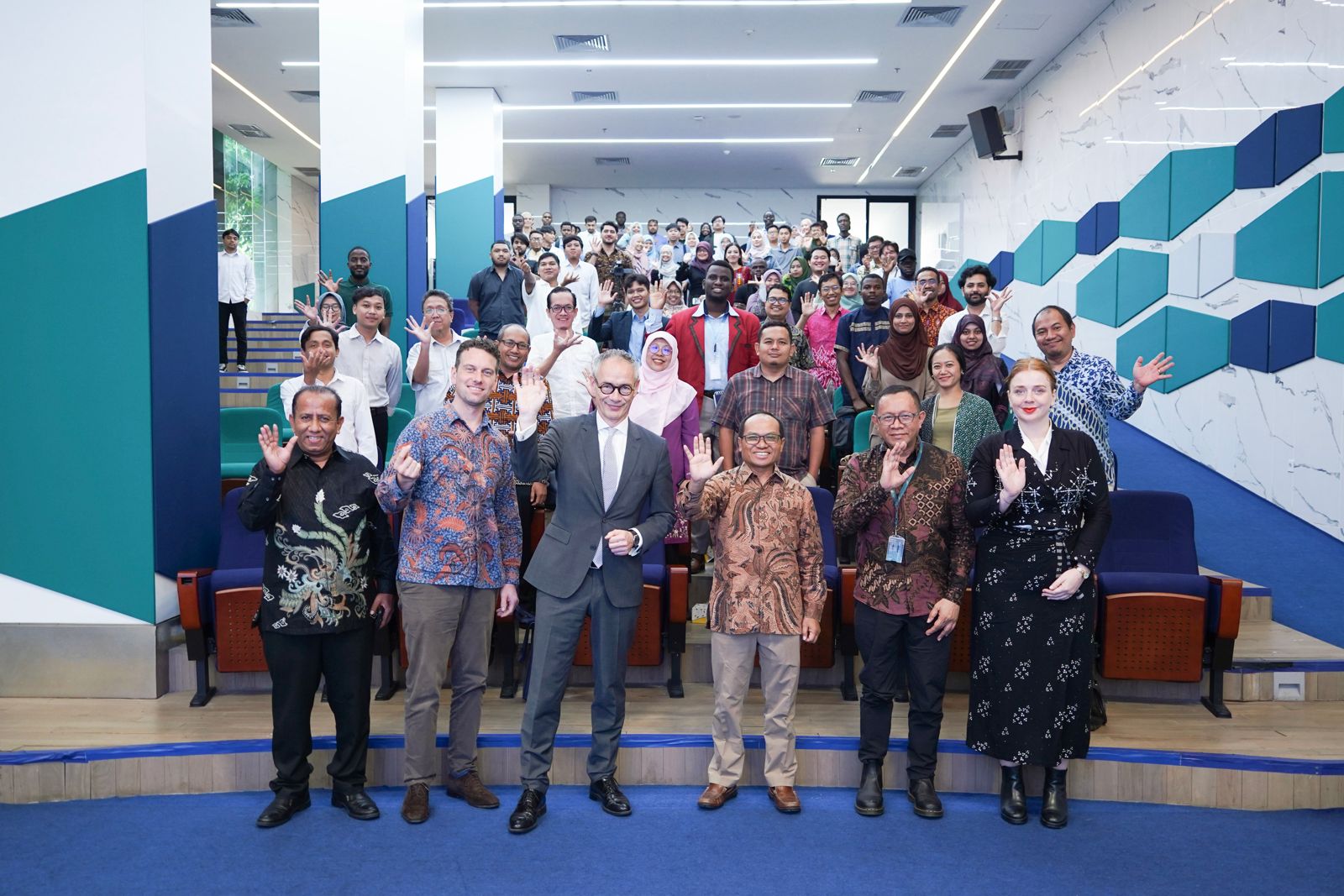
UIII, with its vision of fostering global citizenship rooted in Islamic values and inclusive dialogue, served as an apt setting for Gierveld’s address. The event was attended by students, faculty, diplomats, and international relations scholars, and concluded with a lively dialogue where attendees explored issues ranging from crisis in Gaza, Middle East diplomacy to environmental cooperation.
As global politics grow more fragmented, Ambassador Gierveld’s lecture stood as a compelling reminder of the enduring power of diplomacy—not only as a tool of statecraft but as a moral imperative. In a time when the rules-based international order is under siege, Ambassador Gierveld’s message is highly relevant that: we must return to the principles that bind humanity together, because the alternatives are far too dangerous to accept.
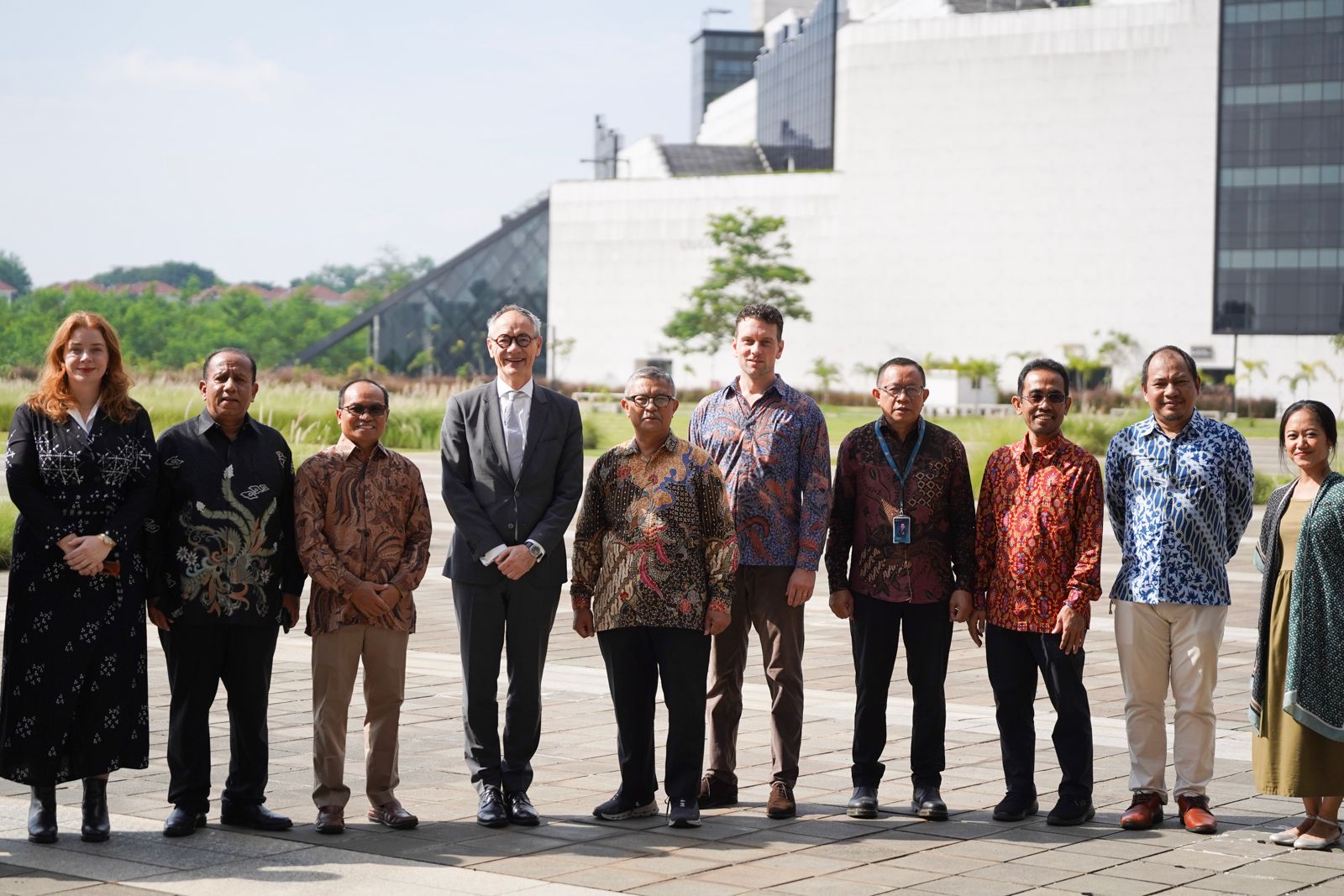
Universitas Islam Internasional Indonesia